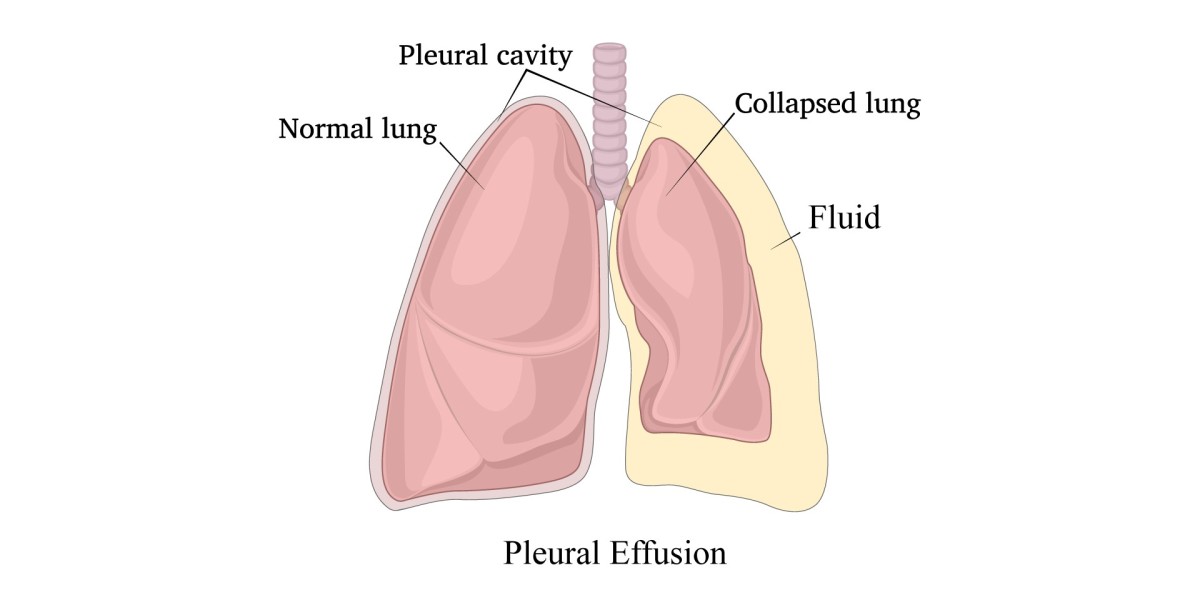In the world of Search Engine Optimization (SEO), understanding the factors that influence your website's ranking is crucial for improving visibility and attracting traffic. One of the most important metrics that SEO professionals and website owners focus on is Domain Authority (DA). Developed by Moz, DA is a score that predicts how well a website is likely to rank on search engine result pages (SERPs). In this article, we’ll explore what Domain Authority is, how it's calculated, and how it impacts your SEO efforts.
What is Domain Authority?
Domain authority is a numerical score that ranges from 0 to 100, with higher scores indicating a greater ability to rank well on search engines. The score is based on various factors, including the quality of backlinks, the website's age, and overall content quality. Although Domain Authority is not an official ranking factor used by Google, it is widely regarded as a helpful tool for assessing a website's overall strength in the context of SEO.
Moz, the company behind Domain Authority, uses proprietary algorithms to calculate this score. While it is not directly used by Google in determining search rankings, DA has become an essential tool for marketers and website owners as they work to optimize their sites for better visibility.
How is Domain Authority Calculated?
Domain Authority is calculated using a complex algorithm that takes into account a variety of factors, including:
Backlink Profile: One of the most important components of DA is the quality and quantity of backlinks a website has. Backlinks from authoritative and reputable websites can significantly boost your DA score. Moz looks at both the total number of backlinks and the quality of those links, with links from high-authority sites carrying more weight.
Linking Root Domains: In addition to individual backlinks, Moz considers how many unique domains are linking to your site. If your site receives backlinks from a diverse range of high-authority domains, it generally signals to search engines that your site is trustworthy and relevant.
MozRank and MozTrust: Moz uses proprietary metrics like MozRank (which evaluates the quality and quantity of links) and MozTrust (which measures the trustworthiness of a website based on its link profile) to calculate DA. High MozRank and MozTrust scores can indicate a stronger, more authoritative website.
Website Age and History: Older domains with a long history of providing quality content are more likely to have higher DA scores than newly registered websites. This is because search engines tend to trust websites with a proven track record of consistency and reliability.
Technical SEO Factors: The website's overall technical health also plays a role in determining DA. Factors like page load speed, mobile-friendliness, and crawlability can affect how search engines perceive the site’s authority and relevance.
Content Quality and Relevance: Websites that consistently publish high-quality, relevant content that serves the needs of their audience tend to perform better in terms of DA. Engaging and well-optimized content is crucial for attracting links and ranking higher in search results.
How to Improve Domain Authority
Improving Domain Authority takes time, effort, and a strategic approach to SEO. Here are some effective strategies to boost your DA score:
Build High-Quality Backlinks: Acquiring backlinks from reputable and authoritative websites is one of the most powerful ways to improve your DA. Focus on earning backlinks through strategies like guest posting, influencer outreach, content marketing, and digital PR. Quality matters more than quantity, so prioritize obtaining links from sites relevant to your industry or niche.
Optimize On-Page SEO: Ensuring that your website is technically sound is essential for improving DA. Make sure your site is mobile-friendly, has fast loading speeds, and is free of broken links or errors. Properly optimized title tags, meta descriptions, and content can also improve your website’s ability to rank higher on search engines.
Publish Quality Content Regularly: Creating valuable, informative, and engaging content that resonates with your target audience is key to earning backlinks and improving DA. Regularly updating your blog or website with fresh content can signal to search engines that your site is active and relevant.
Increase Social Media Engagement: While social media signals don't directly influence DA, a strong social media presence can indirectly affect your website’s authority. When your content is shared widely on social platforms, it can drive traffic, generate backlinks, and increase your site’s visibility, all of which can positively influence your DA score.
Disavow Toxic Backlinks: Not all backlinks are beneficial. If your website has links from low-quality or spammy sites, these can harm your DA and overall SEO performance. Use tools like Google’s Disavow Tool to remove or ignore these harmful links and maintain a clean backlink profile.
Focus on Domain Health: Ensure your domain is healthy by avoiding penalties or sanctions from Google. Stay clear of black-hat SEO practices, such as keyword stuffing or purchasing low-quality links, which can negatively affect your DA and rankings. Follow ethical SEO practices to build long-term authority.
Domain Authority vs. Page Authority
It’s important to note that Domain Authority is distinct from Page Authority (PA), another metric developed by Moz. While DA measures the overall strength of an entire domain or website, PA focuses on the authority of individual pages within that site. Both metrics are important in SEO, but they serve different purposes.
While DA helps assess the potential of an entire website to rank well in search engines, PA is often used to evaluate how specific pages might perform in search rankings. Improving PA typically involves optimizing individual pages for specific keywords, creating high-quality content, and acquiring relevant backlinks.
Why Domain Authority Matters
While DA is not a direct ranking factor used by Google, it serves as a useful tool for SEO professionals in several ways:
Competitor Analysis: DA allows you to compare your website’s authority to that of your competitors. If your DA is significantly lower than theirs, it might be an indication that you need to strengthen your SEO efforts.
Tracking SEO Progress: Since DA is a composite score that reflects a website’s overall SEO strength, tracking changes in DA over time can help you gauge the effectiveness of your SEO efforts. An increase in DA is often a sign of successful optimization.
Predicting Search Engine Performance: Although DA is not a guarantee of ranking, websites with higher DA scores generally have a better chance of ranking higher in search results. Therefore, focusing on improving DA can help you improve your search engine visibility.
Conclusion
Domain Authority is an essential metric in the world of SEO, providing valuable insights into a website’s overall ability to rank in search engine results. Although it’s not a direct ranking factor for search engines like Google, it helps website owners, marketers, and SEO professionals assess their progress, evaluate competitors, and guide their optimization efforts.
Improving DA requires a comprehensive approach that involves acquiring high-quality backlinks, optimizing your website’s technical and on-page SEO, and consistently publishing valuable content. Over time, with sustained effort and a focus on quality, improving your DA can help you increase your site’s authority, visibility, and ultimately, its success in search engine rankings.








